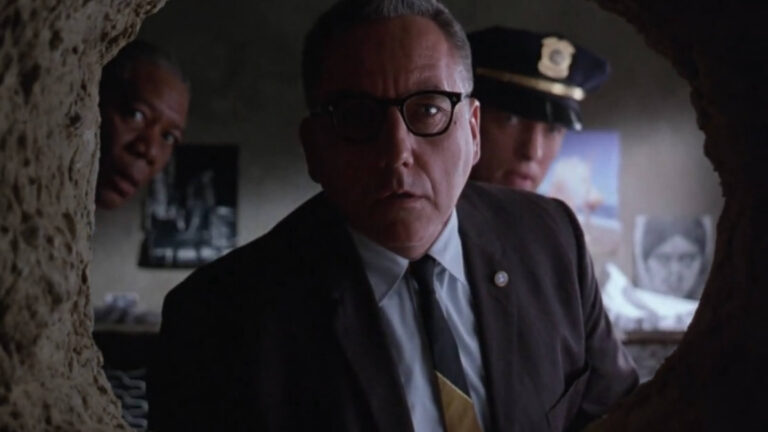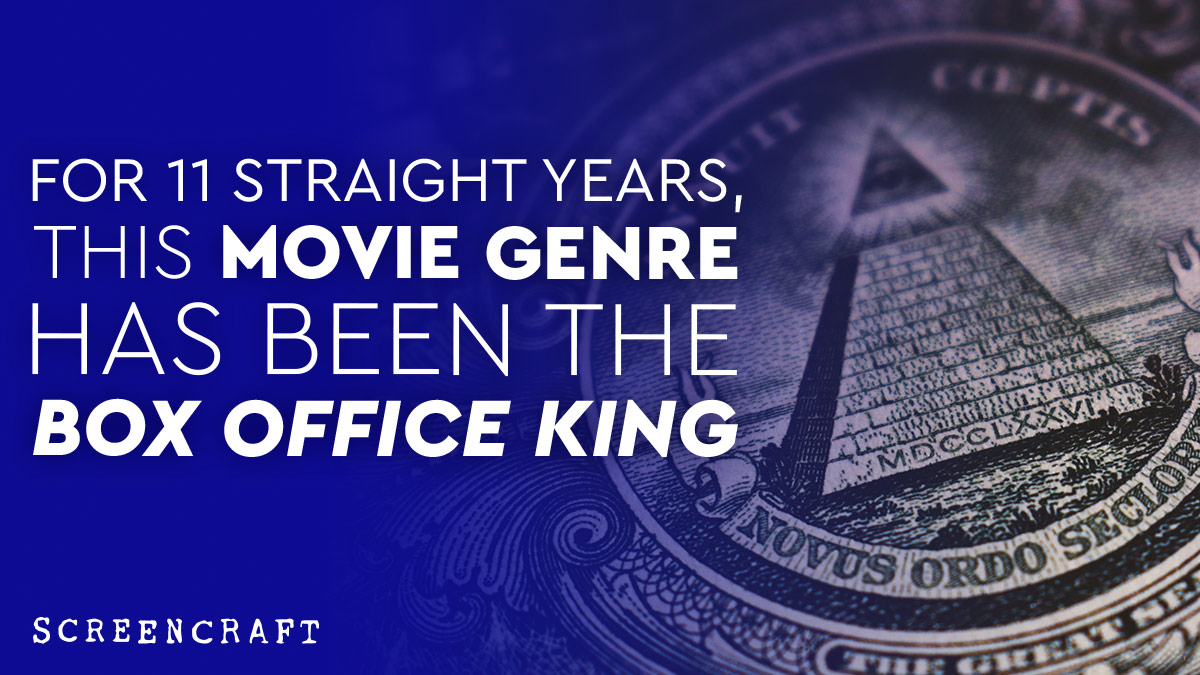Web Presence and SEO for eBook Publishers (or movie producers)

After You’ve Published Your Book (or produced your movie)...
Congratulations. You struck out on your own and self-published a book, or produced your own movie. If you think you can just sit back and relax, think again. This is where the hard work begins.
You Need A Web Presence
This should go without saying. It’s 2014. This is the Information Age. You need a web site. You don’t need a big one, you don’t need a complex one, but you need one.
- HTML isn’t difficult to learn. You don't have to master it. Knowing the basics is sufficient. Being able to update your site on your own is very powerful skill to have. Take a class, buy a couple books, or find an online tutorial.
- Consider a content management system (CMS) like WordPress to make updating easier. I set a WordPress blog up on my hosting site in about an hour.
- Design and interactivity are arts unto themselves. Invest the time to ramp up, or find someone who can help you.
- Search engines can only see the text in your site – no matter how cool that image, Flash movie, or video looks, search engines can’t see it.
- Web marketers say that “content is king.” Write good copy for your site, and make sure you use the keywords you want to be ranked for.
- You’ll need a domain (www.mysite.com) and a hosting package. Expect to pay around $15 per year to maintain the domain, and about $9 a month for a cheap hosting plan.
- Choose your URL carefully! Like a title, it should be short as possible and easy for people to remember. Containing a keyword associated with your book or movie is best.
- You can have separate sites for each project, but there will be additional domain registrations, hosting fees, and maintenance. I found that adding pages under my domain for my projects gave me the most flexibility while keeping the cost down. You can also add subdomains. (subdomain.mysite.com)
- Some people run their entire site through their CMS. Others (like me) mix in static HTML pages.
- Remember search engines help people find you, but people buy products. Don’t neglect the user experience.
- It can take from 4 days to 4 weeks (or longer) to get indexed by search engines. Don’t expect to deploy your site on Friday afternoon and be searchable Monday morning.
SEO What?
SEO is the art of writing content that gets you found. Think about meeting someone at a party. They liked you, they liked your idea, and they want to learn more about you. What are they going to type into Google to find you?
- If you don’t appear on the first page of search results, chances are you won’t even be seen.
- A well-written page should be at least 250 words. Longer pages are better.
- People are trending toward longer search queries. I’ve had good results focusing on combinations of my name, the genres of my books and movies (zombies, vampires), and my titles. (This guy Tim Morgan wrote a book, and it had something to do with zombies…)
- Use your keywords in several places on the page: the title, headings, links, bold text, and of course, the content itself. Also make sure you use your keywords in the first 25 words of your page, as well as the last 25 words of your page.
- Know those pages with tabs or other effects that show a little content at a time? There’s a reason for that. It’s friendly to users (who like copy in short chunks) and good for search engines.
- Links to your site count as “votes” in a search engine. The more sites linking to yours, the better. This can make a big difference in where you land in the search results. Good ways to get links are reviews and guest blog posts on other sites.
- A fantastic book on SEO techniques is SEO Made Simple by Michael Fleishner. (http://www.amazon.com/SEO-Made-Simple-Third-Strategies/dp/1481838067/ref=sr_1_1?s=books&ie=UTF8&qid=1397927314&sr=1-1&keywords=seo+made+simple) Fleishner explains in plain English how to improve your search engine rankings. I found its advice to be very effective.
In the next installment, I’ll cover more marketing – book trailers and reviews.
Guest post by Tim Morgan, a New Hampshire based writer, independent filmmaker, and author of the self-published zombie novel THE TRIP. When he’s not writing, Tim earns a living as a web developer. You can find out more about Tim, what he’s up to, and what he’s done, at his web site: www.timmorgan.us
Get Our Screenwriting Newsletter!
Get weekly writing inspiration delivered to your inbox - including industry news, popular articles, and more!


























